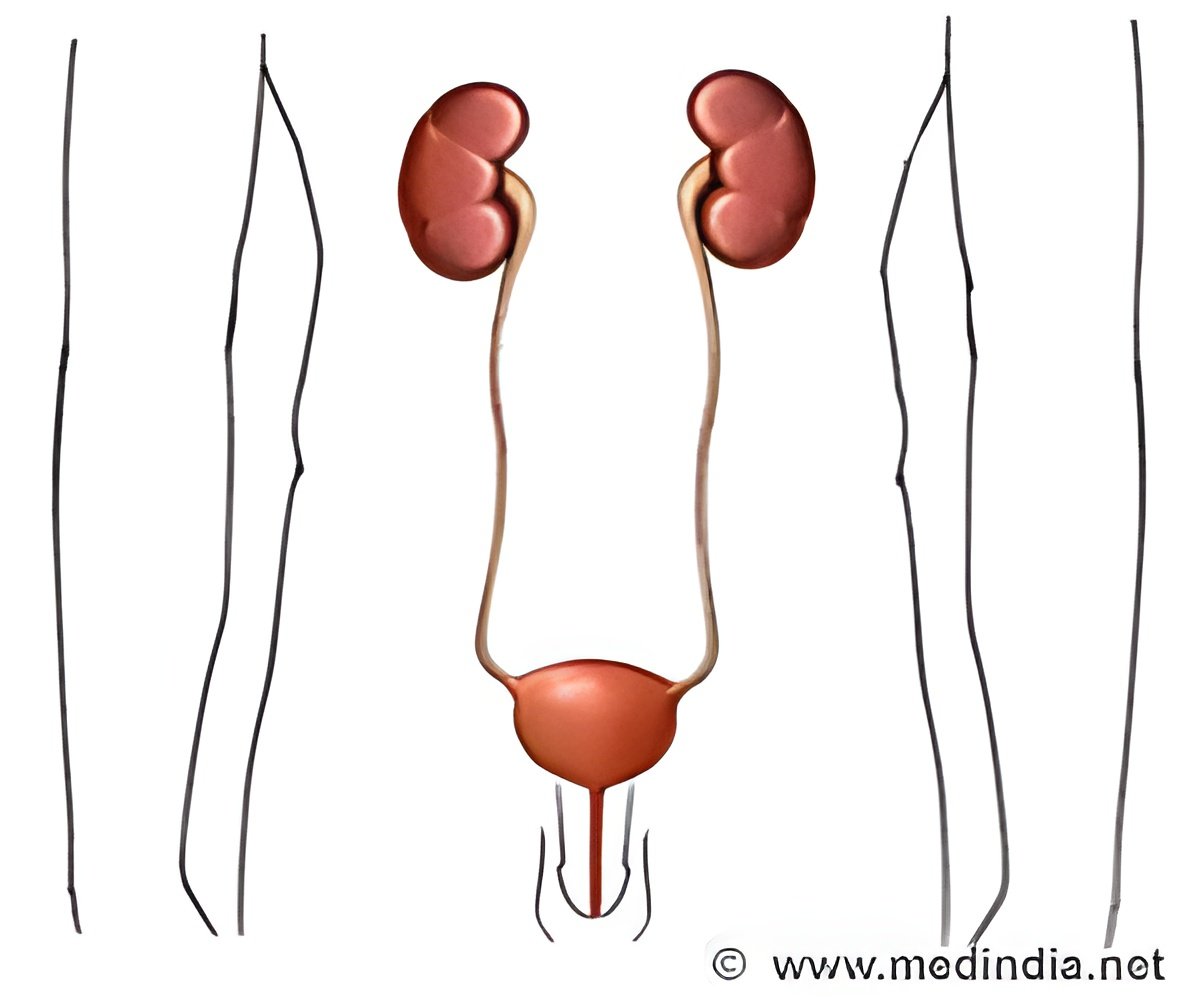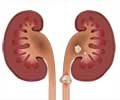Hot days, more sweaty people and more dehydration are not only the results of a warming planet, it is also a high risk factor for a surge in kidney stones, researchers said Thursday.

"We found that as daily temperatures rise, there is a rapid increase in the probability of patients presenting over the next 20 days with kidney stones," said lead author Gregory Tasian, a pediatric urologist and epidemiologist at The Children's Hospital of Philadelphia.
As average daily temperatures climbed above 50 Fahrenheit (10 Celsius), the risk of kidney stone presentation increased in all the cities except Los Angeles.
When comparing daily average temperatures of 50 F to 86 F (10 to 30 C), researchers found the higher temperatures were associated with a 38 percent higher risk of kidney stone in Atlanta and a 37 percent higher risk in Chicago.
Similarly, the risk in Dallas was 37 percent higher and in Philadelphia it was 47 percent higher. Los Angeles saw a smaller increased risk of 11 percent on hotter days.
Kidney stones were most common within three days of a hot spell.
Advertisement
Kidney stones are caused when substances in the urine, such as calcium and phosphorus, become highly concentrated. Failing to drink enough fluids can exacerbate the problem.
Advertisement
"These findings point to potential public health effects associated with global climate change," said Tasian.
With worldwide temperatures already regularly higher in recent years than the 20th century average, and more warming expected in years to come, Tasian said experts believe that kidney stones may become more common.
"Kidney stone prevalence has already been on the rise over the last 30 years, and we can expect this trend to continue, both in greater numbers and over a broader geographic area, as daily temperatures increase," said Tasian.
Source-AFP















